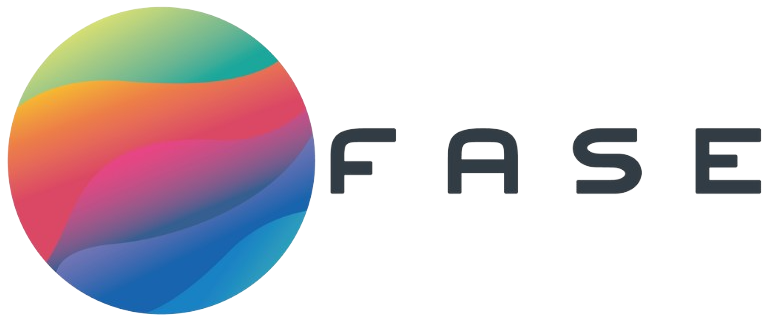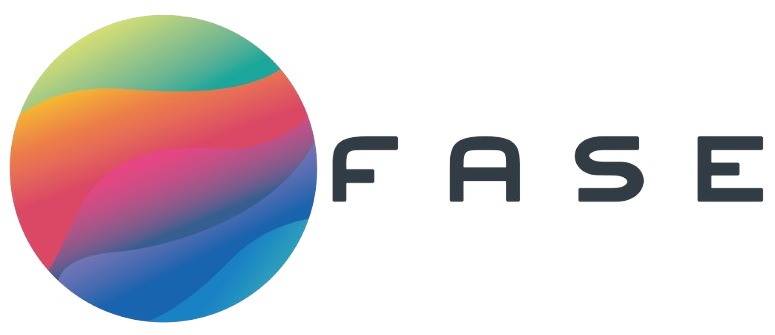

When it comes to addiction recovery, the journey can often feel like a cycle of hope and relapse. For those facing opioid dependency or treatment-resistant addiction, ibogaine is gaining attention as a potential breakthrough — a plant medicine that targets not just the symptoms of addiction, but its roots.
What Is Ibogaine?
Ibogaine is a naturally occurring psychedelic alkaloid derived from the root bark of Tabernanthe iboga, a shrub native to Central Africa. Traditionally used in spiritual and initiation ceremonies in West Africa, it has more recently drawn interest for its unique effect on addiction and behavior patterns.
Unlike conventional medications, ibogaine appears to reset the brain’s neural circuits, leading to significant reductions in withdrawal symptoms and cravings. Many people also report experiencing powerful psychological insight during the treatment process.
How Ibogaine Works in the Brain
Ibogaine interacts with several key neurotransmitter systems, offering a holistic neurological reset rather than a band-aid solution. It influences:
- Dopamine and serotonin regulation: Restores balance in mood and reward pathways
- NMDA receptor modulation: Promotes neuroplasticity and emotional processing
- Opioid receptor activity: Reduces withdrawal symptoms without creating dependency
- Sigma and kappa receptors: May aid in trauma release and emotional detoxification
This multi-receptor action is what sets ibogaine apart. Rather than simply masking symptoms, it facilitates healing on both a chemical and psychological level.
What the Experience Is Like
While every experience is unique, most people describe their ibogaine journey in three phases, often lasting 24 to 72 hours in total.
1. Preparation and Setting
Treatment typically takes place in a medically supervised environment. Patients are screened for cardiovascular health and are asked to fast several hours before administration. The setting is kept quiet and calm to support inward focus.
2. Acute Phase (Visionary State)
Within 1 to 2 hours, most individuals enter a dreamlike state that may last 4 to 8 hours. This phase often includes:
- Intense mental imagery and symbolic visions
- Revisiting memories or traumatic events
- A life review effect, allowing for emotional clarity and understanding
3. Processing and Recovery
Following the acute phase, people often experience a period of mental quiet and physical exhaustion lasting up to 24 hours. During this time, users report:
- A sense of emotional stillness
- Strong reduction in cravings or obsessive thought patterns
- Heightened sensitivity and reflection
Over the next one to three days, most clinics recommend rest, hydration, and gentle integration work such as journaling or therapy.
What the Research Shows
While clinical research is still in early stages due to legal restrictions in many countries, the available data is promising:
- A 2017 study by Brown & Alper reported that 75% of participants experienced significant reductions in withdrawal symptoms and cravings after a single dose of ibogaine.
- A review published in Current Drug Abuse Reviews found 50–80% of patients maintained lower levels of substance use for months following treatment.
- A 2020 paper in Translational Psychiatry highlighted ibogaine’s potential to promote neurogenesis and reorganize brain circuits associated with trauma, decision-making, and addiction.
Legal Status and Where It’s Offered
Ibogaine is classified as a Schedule I substance in the United States, meaning it is illegal to manufacture, possess, or distribute. However, it is legally available or medically tolerated in countries such as:
- Mexico
- Brazil
- New Zealand
- South Africa
- Portugal (in clinical research settings)
Treatment is typically conducted in specialized clinics that offer full medical monitoring, pre-screening, and integration support.
Risks and Precautions
Despite its promise, ibogaine is not risk-free. It can cause serious side effects, particularly in individuals with pre-existing heart conditions or those taking certain medications.
Common side effects:
- Nausea and vomiting
- Motor coordination issues (ataxia)
- Emotional intensity or fatigue
Serious risks:
- Cardiac arrhythmias
- Complications due to drug interactions
Anyone considering ibogaine should undergo thorough screening, including an EKG and medication review, and should only pursue treatment in medically supervised environments.
Who It’s Best For
Ibogaine may be most beneficial for individuals who:
- Struggle with opioid, stimulant, or alcohol dependence
- Have relapsed after multiple traditional rehab attempts
- Are emotionally ready to explore the deeper causes of their addiction
- Are not taking medications that conflict with the treatment
It is not recommended for people with unstable mental health, cardiac issues, or those seeking a recreational or casual psychedelic experience.
Conclusion:
Ibogaine is not a miracle cure, but it offers something that many treatments cannot: a reset. By addressing the neurological, emotional, and behavioral dimensions of addiction, it opens a door for lasting change — when approached responsibly.
Takeaway: For individuals seeking a deeply transformative and comprehensive approach to addiction recovery, ibogaine may provide a path forward where others have failed.


